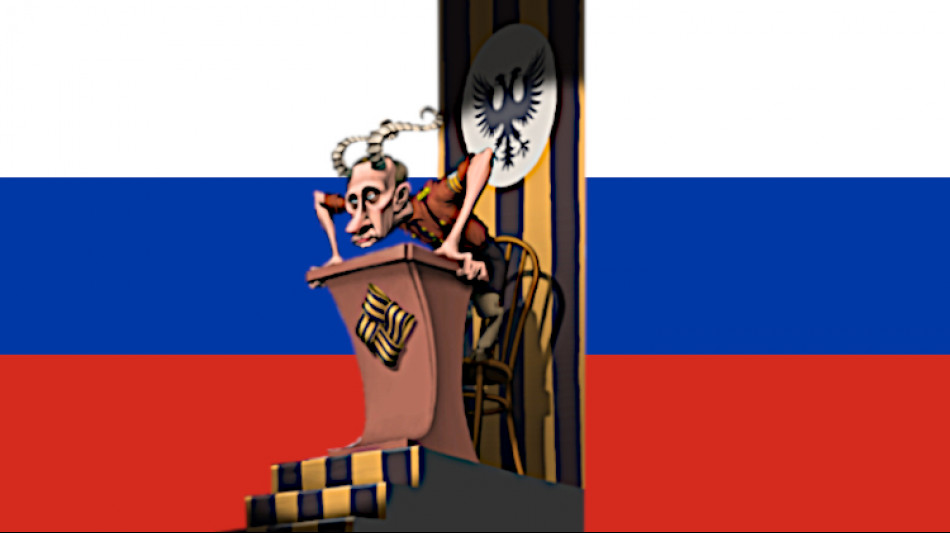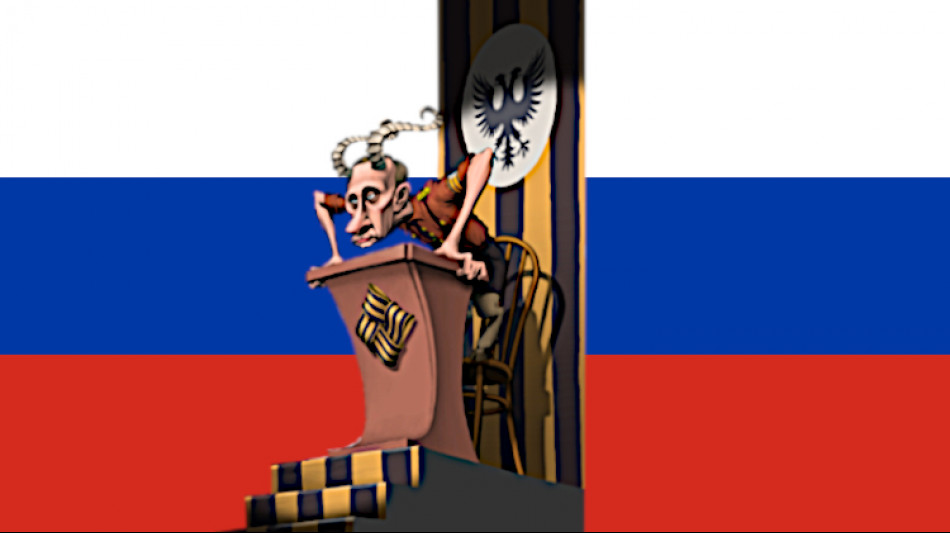| RIO | -0.2% | 54.56 | $ | |
| CMSC | -0.54% | 22.17 | $ | |
| CMSD | -1.56% | 22.48 | $ | |
| SCS | -3.73% | 10.2 | $ | |
| BCC | -3.86% | 91.89 | $ | |
| JRI | -6.22% | 11.26 | $ | |
| BTI | -1.09% | 39.43 | $ | |
| RBGPF | 100% | 60.27 | $ | |
| BCE | -2.85% | 22.08 | $ | |
| RYCEF | -0.98% | 8.15 | $ | |
| GSK | -4.85% | 34.84 | $ | |
| NGG | -4.82% | 62.9 | $ | |
| VOD | -1.8% | 8.35 | $ | |
| RELX | -5.78% | 45.53 | $ | |
| BP | -4.45% | 27.17 | $ | |
| AZN | -4.06% | 65.79 | $ |
Truth: The end of the ‘Roman Empire’
The fall of the Roman Empire in the fifth century AD has long captivated historians and the public alike. For centuries, scholars have debated the precise causes of the Empire’s decline, offering myriad explanations—ranging from political corruption and economic instability to moral degeneration and barbarian invasions. Yet despite the passage of time and the wealth of research available, there remains no single, universally accepted answer to the question: why did the Roman Empire truly collapse?
A central factor often cited is political fragmentation. As the Empire grew too vast to govern effectively from one centre, Emperor Diocletian introduced the Tetrarchy—a system dividing the realm into eastern and western halves. While initially intended to provide administrative efficiency, this division ultimately paved the way for competing centres of power and weakened the unity that had long defined Roman rule. Frequent changes of leadership and civil wars further sapped the state’s coherence, undermining confidence in the imperial regime.
Economics played an equally crucial role. Burdened by expensive military campaigns to protect ever-extending frontiers, the Empire resorted to debasing its currency, provoking rampant inflation and eroding public trust. The resulting fiscal strains fuelled social unrest, as high taxes weighed heavily upon small farmers and urban dwellers alike. Coupled with declining trade routes and resource depletion, these pressures contributed to a persistent sense of crisis.
Compounding these challenges was the growing threat from beyond Rome’s borders. Germanic tribes such as the Visigoths, Vandals, and Ostrogoths gradually eroded the Western Empire’s defensive capabilities. While earlier Roman armies proved formidable, internal discord had dulled their edge, allowing external forces to breach once-impenetrable frontiers.
Modern historians emphasise that the Empire did not fall solely because of barbarian invasions, moral decay, or fiscal collapse; instead, its downfall was the outcome of a confluence of factors, each interacting with the other. The story of Rome’s fall thus serves as a stark reminder that even the mightiest of civilisations can succumb to the inexorable weight of political, economic, and social upheaval.

You are what you eat – and what you eat from: How industrial chemicals contaminate our bodies

Why an EU embargo on Russian gas might be a long way off

Airport queues could last into next summer if staffing issues aren't fixed, says top industry body

Danke Ukraine, Thanks Ukraine, Gracias Ucrania, Merci l'Ukraine

Aprobada la venta del Chelsea al multimillonario Todd Boehly, dueño de Los Angeles Dodgers

Ukraine war: Russia 'must not be responsible for starvation of millions', says EU's von der Leyen

Ukraine: Russia throwing everything it has at four cities in eastern Donbas, says Zelenskyy

'It's just sick': Biden deplores school shooting, demands tighter gun laws

Frenchman breaks world record for longest tightrope walk ever

Russian Warcrime: Ukraine prosecutor asks for life sentence for Russian soldier in war crimes trial

Россияне, граждане всего мира ненавидят вас - ваш диктатор Вальдимир Путин является военным преступником!


 London
London

 Manchester
Manchester
 Glasgow
Glasgow
 Dublin
Dublin
 Belfast
Belfast
 Washington
Washington
 Denver
Denver
 Atlanta
Atlanta
 Dallas
Dallas
 Houston Texas
Houston Texas
 New Orleans
New Orleans
 El Paso
El Paso
 Phoenix
Phoenix
 Los Angeles
Los Angeles


